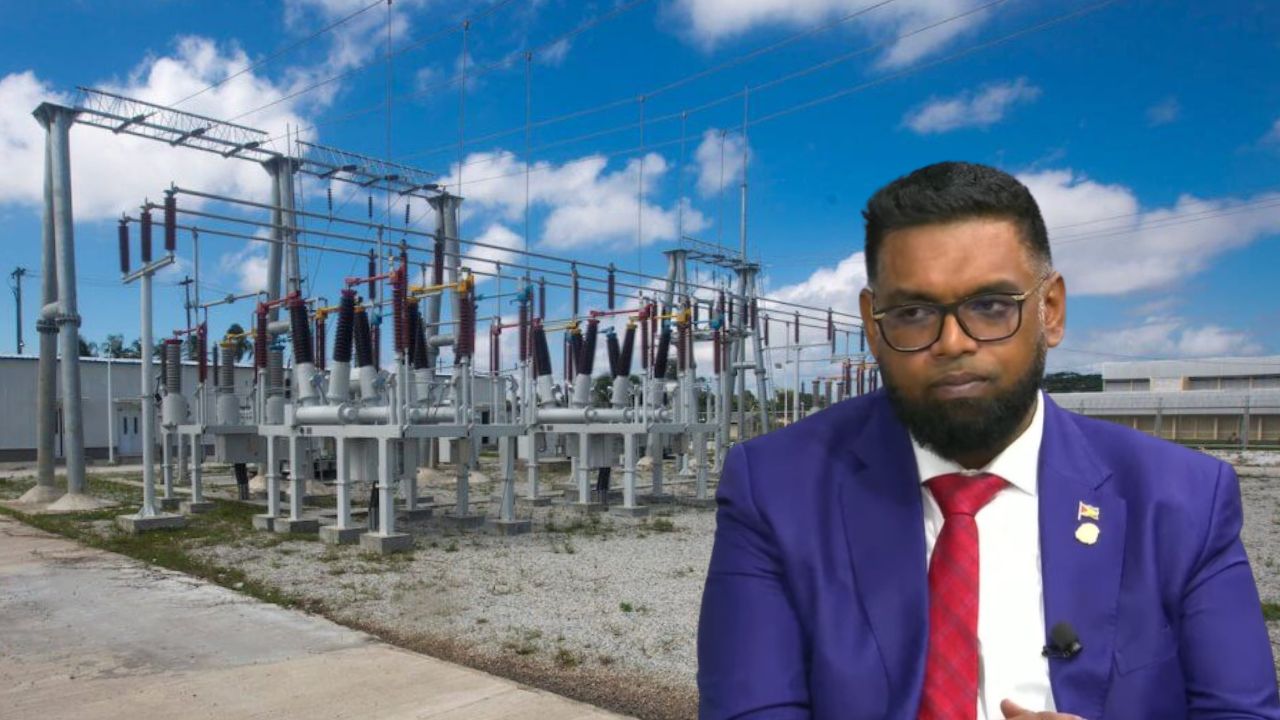Countries around the world have been warned to brace for a looming, significant economic downturn but Guyana is still expected to nearly double its economic growth this year because of the nascent oil and gas industry.
In its updated Global Economic Prospects report, the World Bank, which is an international lending body, has projected that the global growth rate this year will be about 2.9 per cent. In the January 2022 edition of the report, that growth rate was pegged at 4.1 per cent.
The economic outlook for Guyana, however, remains favourable.
“Guyana’s economy is forecast to double in size in 2022-23, on account of the rapid development of the offshore oil and gas industry,” the Bank noted.
The World Bank now projects that the country will record real GDP growth of about 47.9 per cent this year- the highest in the Latin America and Caribbean region.
Real GDP is an inflation-adjusted measure that reflects the value of all goods and services produced by an economy (in this case, Guyana’s economy) in a given year. In simpler terms, the real GDP measures a country’s total economic output, adjusted for price changes.
Barbados expects the next highest growth rate- 11.2 per cent, while the Caribbean region expects about a 6.9 per cent growth rate.
Even so, Guyana has not escaped the economic declines gripping numerous countries. Its revised projection is lower than the 49.7 per cent projection in January.
What has increased, however, is Guyana’s projections for 2023. It was projected that the country’s economy would expand by some 25 per cent next year but that figure is now 34.3 per cent – a 9.3 per cent increase.
Russia’s invasion of Ukraine and its associated impact on the provision of goods across the world, the Bank acknowledged, has contributed to the global slowdown. That situation is exacerbating supply chain disruptions and price hikes stemming from the COVID-19 pandemic.
With these challenges continuing, President of the World Bank Group David Malpass noted that countries may face an economic downturn this year, though there were expectations that economic recovery from the COVID-19 pandemic would advance.
“For many countries, recession will be hard to avoid,” Malpass wrote in the report’s foreword.
Simply, a recession refers to a period of temporary economic decline during which trade and industrial activity are reduced.
Importantly, though, limiting the harm to people in Ukraine, countering the spike in the cost of goods, intensifying debt relief efforts, strengthening health preparedness efforts and transitioning to more renewable energy courses are among Malpass’ solutions to avoid economic fallout.






